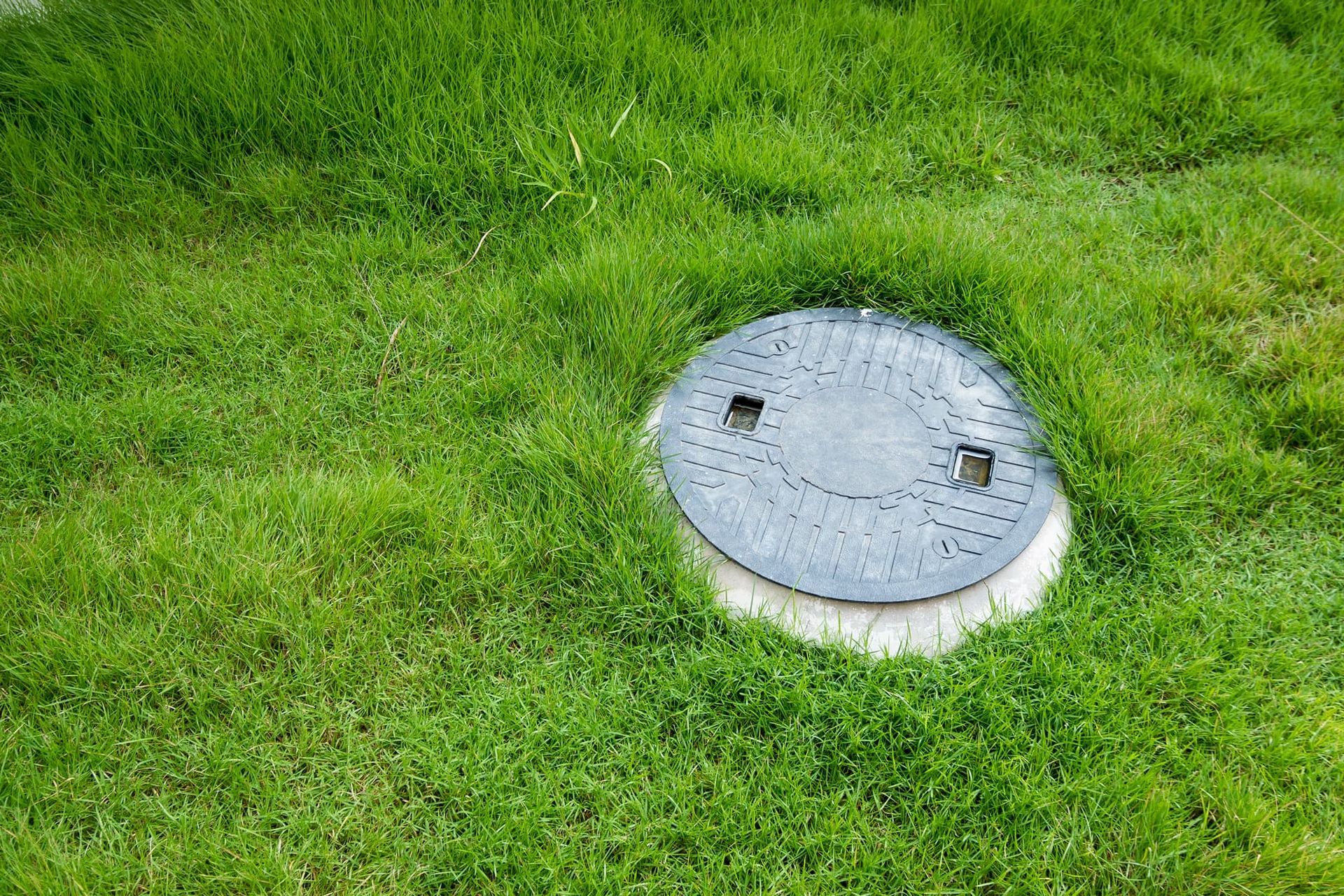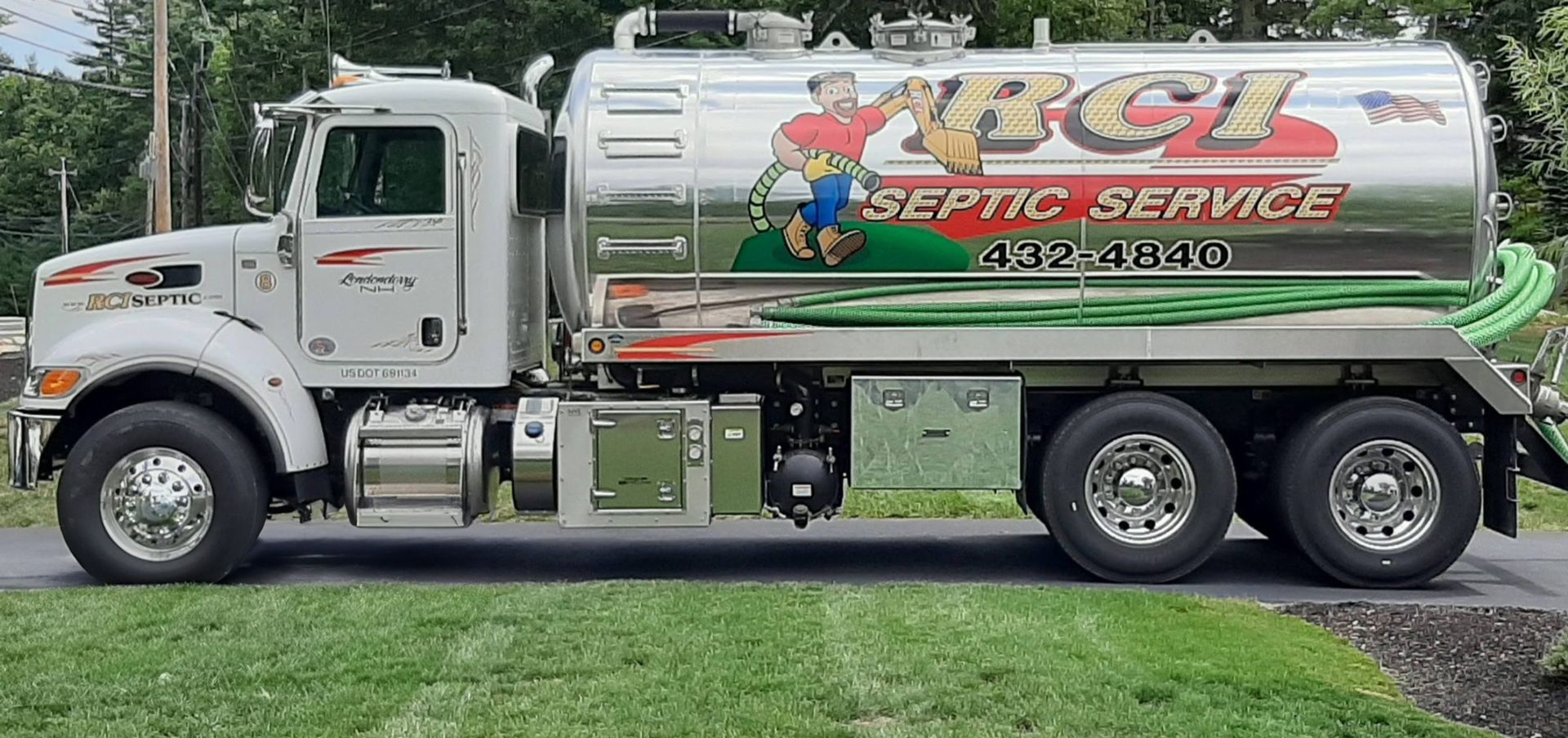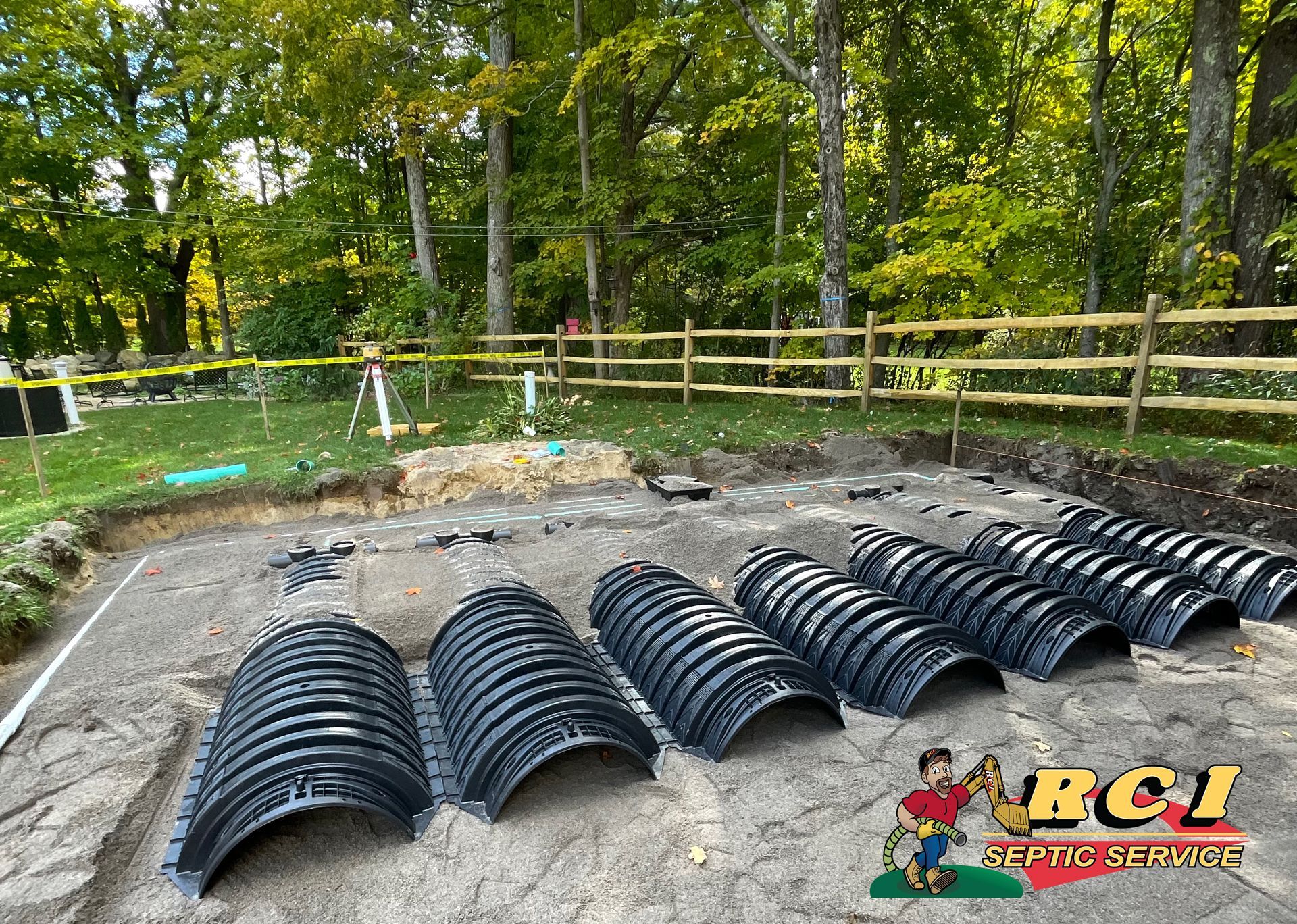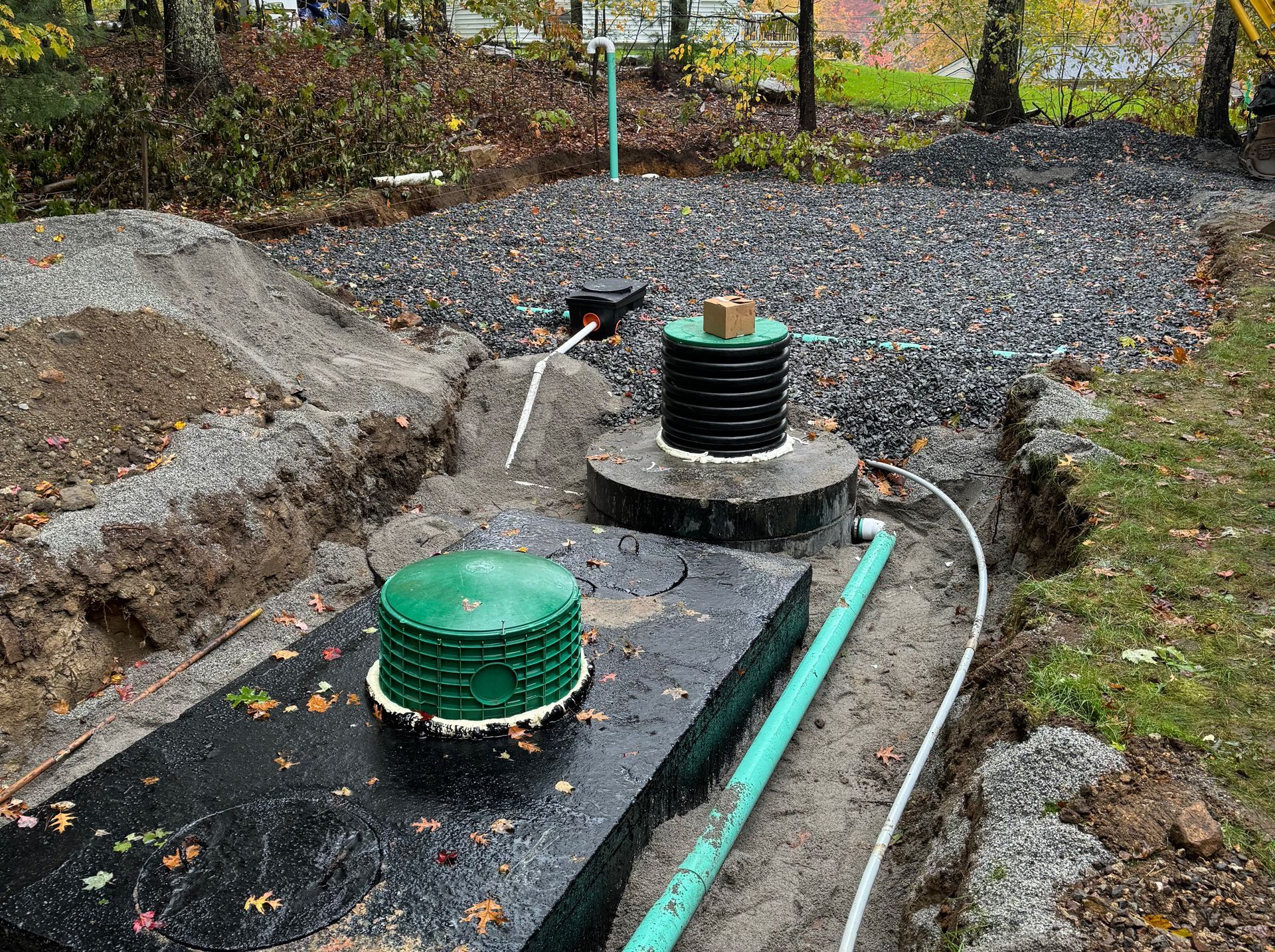How To Find Your Septic Tank Location
Finding your septic tank can be akin to a treasure hunt where the prize is a crucial component of your home's wastewater management system. Let’s embark on this quest together, armed with a sense of humor and a determination to avoid the not-so-pleasant surprise of septic issues.
Follow the Main Sewer Line from Your Home to Your Septic Tank
Start your adventure by tracing the path of the sewer pipes from where they exit your house, often in the direction of the main sewer line. This initial exploration can give you a clue about the septic tank location. Imagine you're a detective following leads, except the clues are pipes, and the mystery is your septic system.
Is There a Way to Find My Septic Tank Without Knowing Its General Location?
Yes! If your septic tank is playing hide and seek, you have a few options to coax it out of hiding. Use property records or consult with the building department in your town to find your septic tank; these documents often mark the spot where your septic tank is buried underground, much like an X on a pirate’s treasure map.
Check the Property Records
Dive into the archives of your property records or the building department of your town. These treasure troves can reveal a detailed septic plan, guiding you to the exact location without having to explore every inch of your backyard trying to find your septic tank.

Inspect Your Yard for Signs of the Septic Tank
Take a stroll around your property, keeping an eye out for signs that mark the septic tank covers kingdom: an oddly placed potted plant, or a slight hill or dip. These can be telltale signs of the septic tank's realm below. Septic tank lids are a dead give away!
Follow the Pipes to Find Your Septic Tank
Visual clues from exposed plumbing lines or the direction in which the sewer pipe leaves the house can be your compass. Following these can lead you to the buried treasure, your home's septic tank.
Consult Local County Records for Your Home's Septic System Permit
Sometimes, the quest requires a bit of research. Checking town or NH DES records can unearth the septic system plan, revealing the location of your home's septic tank as clearly as if it had been marked with a flag.
Use a Septic Tank Map
If your home inspection paperwork included a property survey map, you’re in luck because most will be able to help you locate your septic tank. This map might highlight the septic tank’s location, sparing you the need for a soil probe or metal detector.

Schedule Septic Tank Maintenance
Regular maintenance by professional septic tank installers can prevent the need for emergency septic service. Plus, these experts can offer invaluable insights into the location and health of each septic tank components your system.
Locate the Septic Tank by looking for the Septic Tank Lid Using a Soil Probe
Arm yourself with a metal soil probe and gently explore the ground level to find your septic tank, especially in areas where you suspect the tank might be hiding. Feeling resistance a few feet underground with a soil probe could indicate the presence of the septic tank lid, and your your septic tank location.
Ask Your Neighbors or Contact a Professional
Sometimes, the fastest route to discovery is through conversation. Neighbors with similar home designs may have septic tanks located in the same area as yours. Alternatively, a professional plumber with a metal detector or a specialized camera can locate your septic tank and system efficiently.

Look for Hills or Dips
Variations in your yard’s topography can be subtle signs of the septic tank’s presence. A small hill or a dip could be the earth’s way of pointing you in the right direction.
Check with Local Septic Maintenance Companies
Companies that specialize in septic tank maintenance may have records or knowledge of your home's septic setup, especially if they've worked on septic tanks in your neighborhood before.
Discover It by Process of Elimination
If all else fails, methodically eliminate areas where the septic tank clearly isn’t located, such as under paved surfaces or the back patio. What you're left with might just be the spot.
Inspect Your Property
Taking a comprehensive look at your property to find your septic tank, considering all possibilities, and using a bit of logic can often lead to a successful search without needing to dig at all.
Mark Its Location
Once found, mark the septic tank's location for future reference (and for the next homeowner). A discreet, waterproof marker or a garden feature can serve as a perfect reminder of where your septic tank is.
Don't Try to Fix Septic Tank Issues Yourself
Discovering the location of your septic tank is a victory in itself, but it's only the first step in ensuring the system's health and efficiency. Septic systems are intricate, involving more than just buried septic tanks—they include a leach field, pipes, and biological processes. Tinkering with them without proper knowledge can lead to disaster. Here are compelling reasons to call in the professionals if you are having trouble locating your septic tank:
- Safety Concerns: Septic tanks contain toxic fumes and hazardous materials. Professionals have the necessary training and protective equipment to work safely.
- Complexity of Systems: A septic system is more than a tank; it's a carefully balanced ecosystem. Experts understand this complexity and can diagnose issues without disrupting the system's balance.
- Prevention of Further Damage: An untrained attempt at repairing a septic tank can exacerbate existing problems, leading to more extensive and expensive repairs.
- Local Regulations Compliance: Septic system repairs often require permits and inspections to ensure they meet local health and environmental regulations. Professionals are familiar with these rules and can ensure compliance when repairing a septic tank or a whole septic system.
- Proper Diagnosis and Tools: Professionals have specialized tools and cameras for inspecting and diagnosing septic systems. What might seem like a septic tank issue could be a problem with the drain field or pipes.
- Long-Term Solutions: Experts can provide solutions that not only fix the immediate septic tank problem but also prevent future issues, saving you time and money in the long run.
- Cost-Efficiency: Investing in professional repair services can actually be more cost-effective than DIY attempts, as it prevents costly mistakes and ensures the job is done right the first time.
- Environmental Protection: Incorrect septic tank repairs can lead to leaks and spills, contaminating local water sources and harming the environment. Professionals ensure repairs are done safely and sustainably.
- Service Guarantees: Many septic service providers offer guarantees on their work, giving you peace of mind and protection against future issues. we guarantee that our work is done correctly and meeting all state and town requirements.
- Educational Opportunity: Professionals can provide valuable advice on maintaining your septic system, helping you locate your septic tank, avoid common pitfalls and extend the system’s lifespan.
Calling in experts for septic tank issues isn't just a matter of convenience; it's a smart, safe, and cost-effective choice that protects your home, your health, and the environment. Contact RCI Septic Service if you need our help to locate your septic tank.

How Do I Know if I Have a Septic Tank?
If you’re uncertain whether your home utilizes a septic system or is connected to the municipal sewer system, checking your water bill or property records can offer clarity. Homes not charged for sewer services by the city likely have a septic tank.
Take Care of Your Septic Tank
Regular maintenance, avoiding flushing harmful materials, and understanding the workings of your septic system can prolong its life and prevent costly repairs.
Call RCI Septic Service for Expert Help
If you're uncertain about your next steps after locating your septic tank, or if you have concerns about its condition, don't hesitate to reach out to RCI Septic Service. With our experienced team, state-of-the-art tools, and commitment to excellence, we're here to provide top-tier maintenance, repairs, and guidance for all your septic system needs. Why worry when you can have peace of mind with just one call? Contact RCI Septic Service today and let us take care of the rest. Your septic system deserves the best, and so do you.


